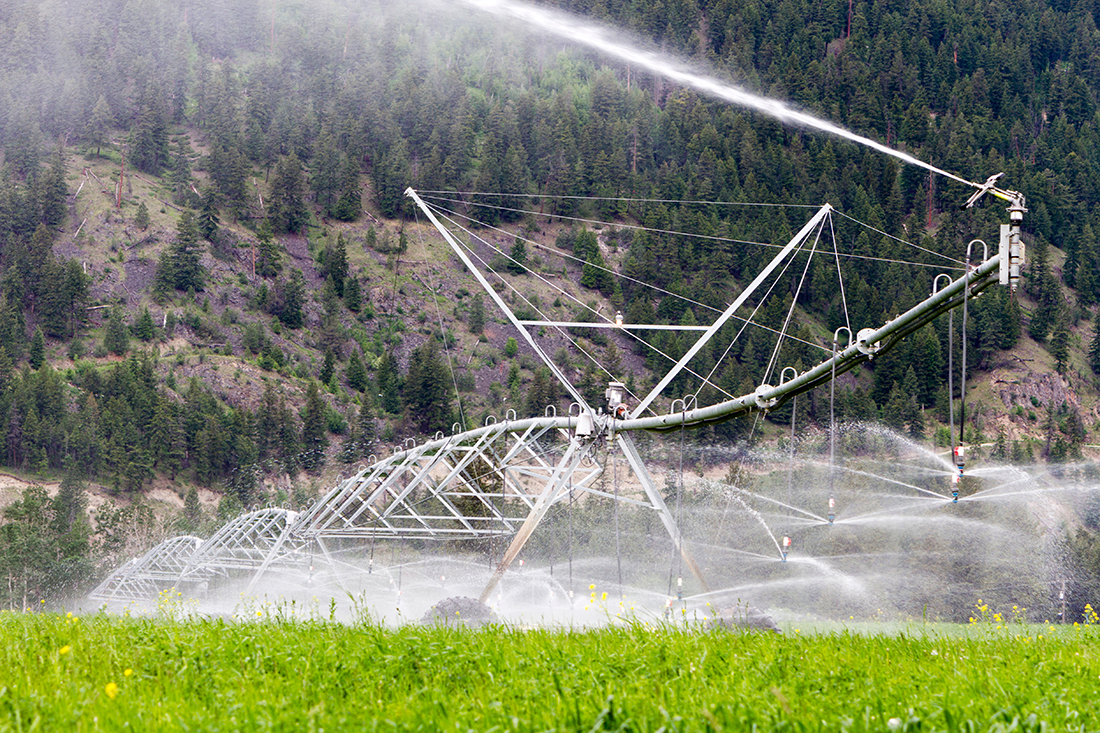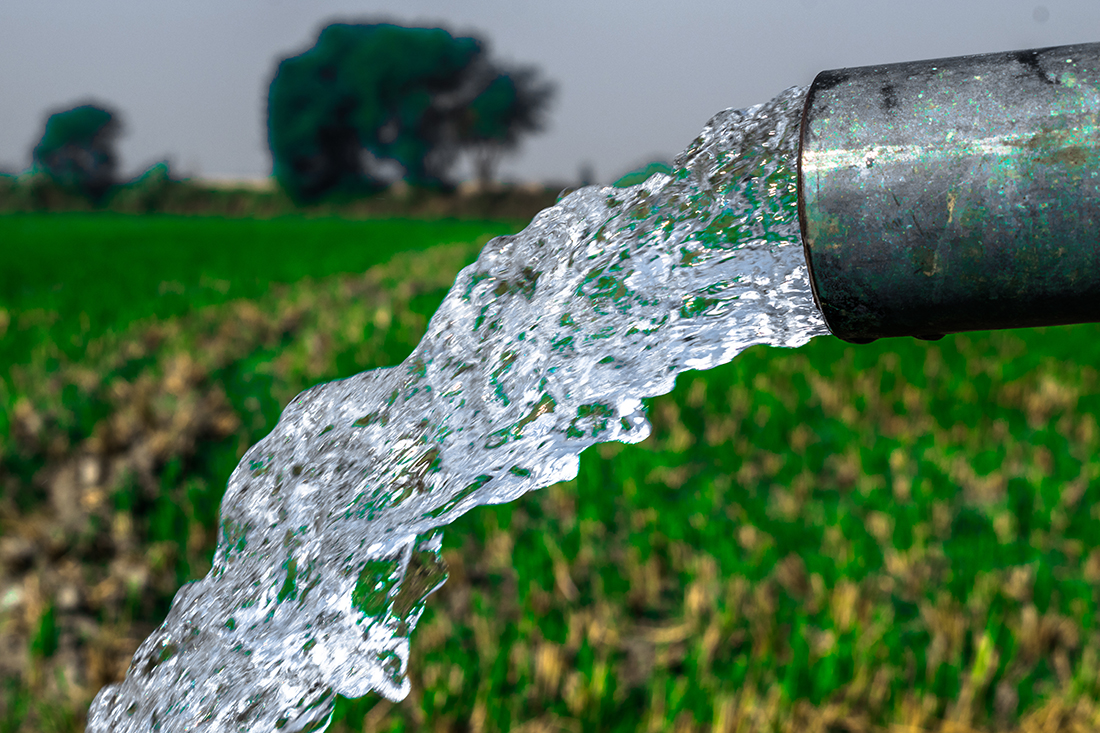Thousands of BC farmers and ranchers at risk of losing their priority water rights at the end of February won’t be outlaws after all.
For the third time in as many years, the province extended the deadline for registering wells and applying for groundwater licenses until March 1, 2022. The surprise move came February 19 as the March issue of Country Life in BC hit the press. It followed growing calls for the province to extend the deadline, given that fewer than 500 licenses have been issued out of more than 3,000 applications. The province expected to register 20,000 wells.
“We are very pleased that government listened to farmers and ranchers and extended the licensing period,” said Reg Ens, executive director of the BC Agriculture Council. “There are still a lot of people who are having difficulty with the application process. We hope that government will assign more staff for processing to speed up approval of completed applications.”
Groundwater users who did not register their wells by the end of February would have lost their priority access to groundwater under the province’s new first-in-time, first-in-right (FITFIR) system mandated in the Water Stewardship Act passed in 2016. The system aims to protect groundwater by giving right of first use to the oldest wells; junior rights fall to more recent wells. Should an aquifer fail to recharge, access would be cut off beginning with the most recent wells.
“If there is not enough water, we can enforce FITFIR,” Greg Tyson, a water policy advisor with the BC Ministry of Environment and Climate Change told producers at the Pacific Agriculture Show in Abbotsford, Jan 25.
Moreover, without a licence from the province, users would have been drawing water illegally.
The new deadline protects the priority of existing wells, so long as owners register by March 1, 2022. However, they’re still required to pay a fee for all groundwater used for non-domestic purposes since March 16, 2016 ($50 plus 85¢ per 1,000 cubic metres).
Owners originally had a year to register existing wells at no cost in order to maintain their historic priority. When that failed to elicit much of a response, the fee waiver and registration deadline were extended to Dec. 31, 2017, then to Feb. 28, 2019.
But the entire process has been dogged from the start by a combination of technical glitches, misinformation and long approval times.
Tyson said some applications have taken more than a year to approve, even as he urged producers in Abbotsford to get their paperwork in so they wouldn’t lose priority and be treated as new users.
“Get your application in even if it isn’t complete,” he said.
New users must pay an application fee of between $250 and $1,000, and may not drill a well until they’ve received a license.
As new users, their priority rights will be based on the date of licensing rather than when the well was first used. In times of water scarcity, that could create a real issue as demand already meets or even exceeds the capacity of some water sources.
Ultimately, however, even a license to draw water doesn’t give well owners priority over the environment, which the licensing system aims to protect.
“The minister can declare a water shortage and the ecosystem gets the first priority,” he said. “The minister’s order to protect fish supercedes even FITFIR.”
While the registration and licensing process have improved in recent months, Tyson said many users have held off registering their wells to avoid paying usage fees.
Similar sentiments were voiced strongly on Country Life in BC’s Facebook page in response to the deadline extension, with many people objecting to a tax on groundwater.
Usage fees can only be charged once a well is licensed, which is only possible for wells registered with the province.


 BREAKING NEWS! Groundwater licencing deadline extended
BREAKING NEWS! Groundwater licencing deadline extended